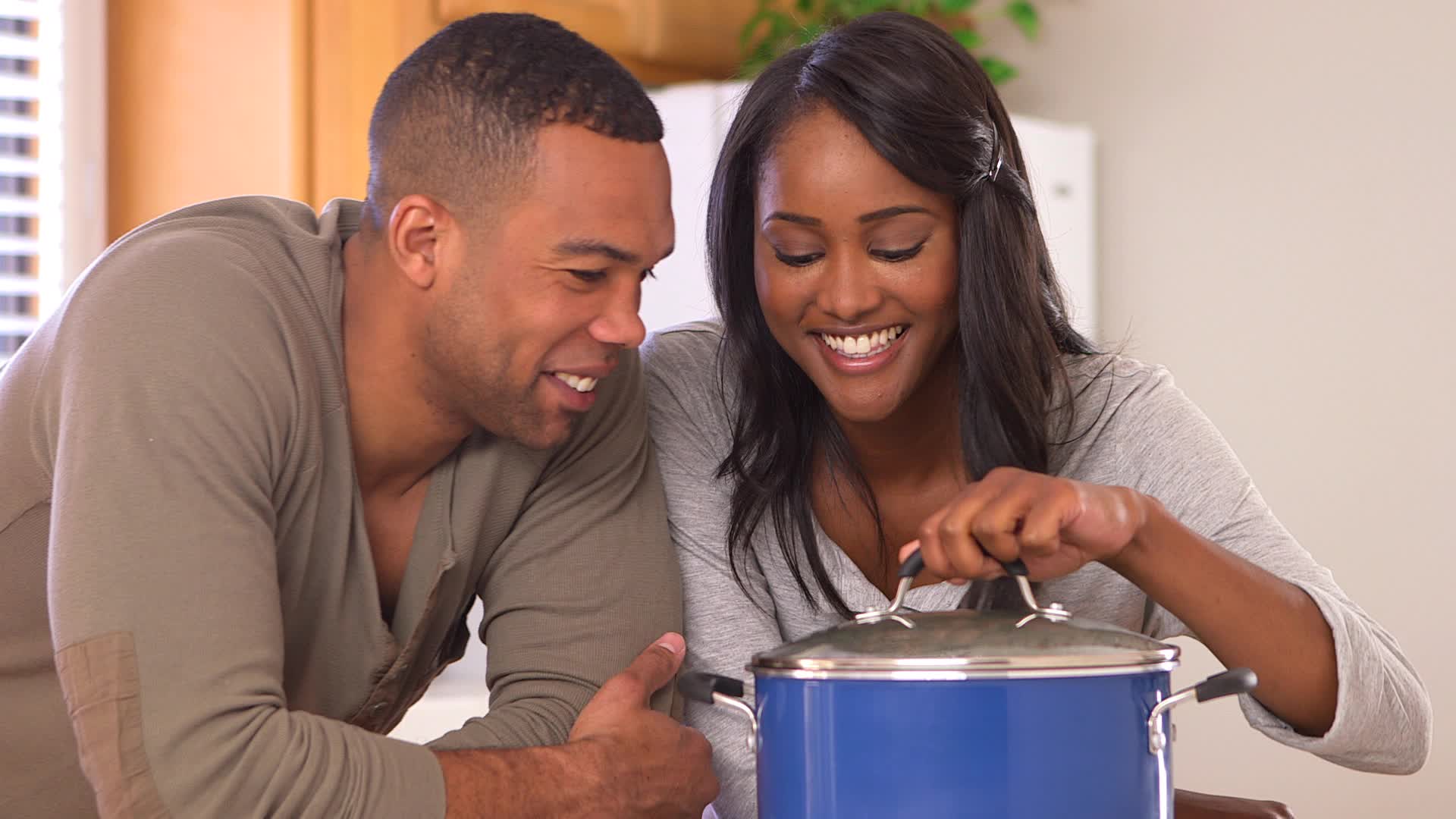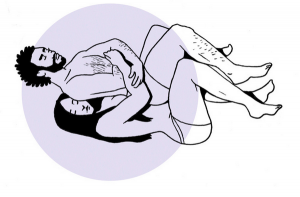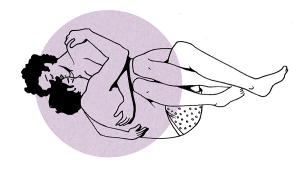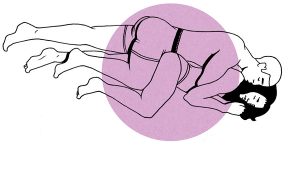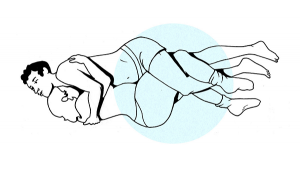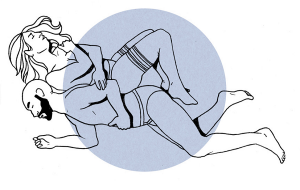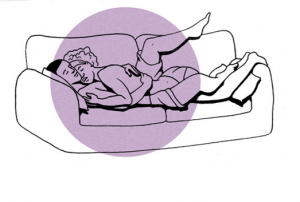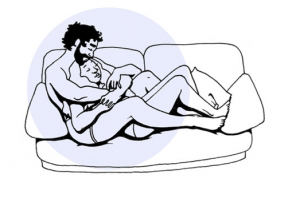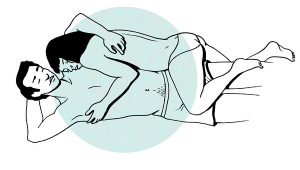We all want real, lasting love, whether we are in our 20s, 30s, 40s, 50s, or beyond. Yet too many marriages fall apart and most people don’t know why. They mistakenly believe that they have chosen the wrong partner. After going through the grieving process, they start looking again. But after more than forty years as a marriage and family counselor I have found that most people are looking for love in all the wrong places. They don’t understand that Stage 3 is not the end, but the real beginning for achieving real, lasting love:
Stage 1: Falling In Love
Stage 2: Becoming a Couple
Stage 3: Disillusionment
Stage 4: Creating Real, Lasting Love
Stage 5: Using the Power of Two to Change the World
Stage 1: Falling in Love
Falling in love is nature’s trick to get humans to pick a mate so that our species carries on. It feels so wonderful because we are awash in hormones such as dopamine, oxytocin, serotonin, testosterone, and estrogen. Falling in love also feels great because we project all our hopes and dreams on our lover.
We imagine that they will fulfill our desires, give us all the things we didn’t get as children, deliver on all the promises our earlier relationships failed to fulfill. We are sure we will remain in love forever. And because we are besotted with “love hormones,” we’re not aware of any of this.
When we’re in love, we dismiss naysayers like curmudgeon George Bernard Shaw who cautioned:
“When two people are under the influence of the most violent, most insane, most delusive, and most transient of passions, they are required to swear that they will remain in that excited, abnormal, and exhausting condition continuously until death do them part.”
Stage 2: Becoming a Couple
At this stage our love deepens and we join together as a couple. This is a time when we have children and raise them. If we’re past the child-rearing stage, it’s the time when our couple bond deepens and develops. It’s a time of togetherness and joy. We learn what the other person likes and we expand our individual lives to begin developing a life of “the two of us.”
During this phase we experience less of the falling head-over heals “in love” feelings. We feel more bonded with our partner. We feel warm and cuddly.
The sex may not be as wild, but it’s deeply satisfying. We feel safe, cared for, cherished, and appreciated. We feel close and protected. We often think this is the ultimate level of love and we expect it to go on forever. We are often blind-sided by the turn-around of stage 3.
Stage 3: Disillusionment
No one told us about Stage 3 in understanding love and marriage. Stage 3 is where my first two marriages collapsed and for too many relationships this is the beginning of the end.
This is a period where things begin to feel bad. It can occur slowly or can feel like a switch is flipped and everything goes wrong. Little things begin to bother us. We feel less loved and cared for. We feel trapped and want to escape.
We become more irritable and angry or hurt and withdrawn. We may stay busy at work or with the family, but the dissatisfactions mount. We wonder where the person we once loved has gone.
We long for the love we once had, but we don’t know where it went or how to get it back. One or the other partner wants out or sometimes people go on “existing together,” but without really feeling intimate.
This is a time we often get sick in body, mind, and soul. In our marriage, Carlin and I both began having problems with our hearts (heartache?) and were diagnosed with atrial fibrillation.
I began having serious problems with erections. To be truthful, there were times when it was miserable, and we both thought about leaving the relationship.
But we didn’t give up, we kept going. There’s an old adage, “When you’re going through hell, don’t stop.” This seems to be true of this stage of life. The positive side of Stage 3 is that the heat burns away a lot of our illusions about ourselves and our partner.
We have an opportunity to become more loving and appreciate the person we are with, not the projections we had placed on them as our “ideal mate.”
Carlin and I have now been together over thirty-five years. We’ve moved into the next stages of love and feel blessed to have learned the skills for negotiating the stage of disillusionment and can truly enjoy the later stages of love.
Stage 4: Creating Real, Lasting Love
One of the gifts of confronting the unhappiness in Stage 3 is we can get to the core of what causes the pain and conflict. Like most people, Carlin and I grew up in families that were dysfunctional. Both my father and mother suffered from depression and my Dad tried to take his own life when I was five years old
. Carlin’s father was an angry, violent man. Her mother left him in order to protect herself and her daughter. We all have wounds and the wounds need healing if we’re to have a relationship that is real and loving.
Ongoing research from The Adverse Childhood Experience(ACE) Study demonstrates conclusively that childhood trauma can impact our physical, emotional, and relational health.
For the first time I made the connection between my father’s attempted suicide when I was five and my adult depression and erectile dysfunction.
Carlin and I learned to be allies in helping each other understand and heal our wounds. As we began to heal, the love and laughter we thought we had lost began to flow again.
We began to see each other as wonderful beings who had suffered greatly in the past and had come together to love each other and help heal our old wounds from childhood.
There’s nothing more satisfying than being with a partner who sees you and loves you for who you are. They understand that your hurtful behavior is not because you are mean and unloving, but because you have been wounded in the past and the past still lives with you. As we better understand and accept our partner, we can learn to love ourselves ever more deeply.
Stage 5: Using the Power of Two to Change the World
No one has to remind us that the world is not doing too well. There are continuous wars and conflicts. Racial violence seems to be everywhere. We wonder whether humans can survive.
I wondered, “If we can’t even find peace between two people who love each other, what chance do we have to create a world that can work for all its peoples?”
But now I look at the flip side of that question. If we can learn to overcome our differences and find real, lasting love in our relationships, perhaps we can work together to find real, lasting love in the world.
I believe that every couple has an opportunity to use the “power of two” to address some aspect of the world’s problems that touch their lives.
Source: http://menalive.com/stages-of-love/



